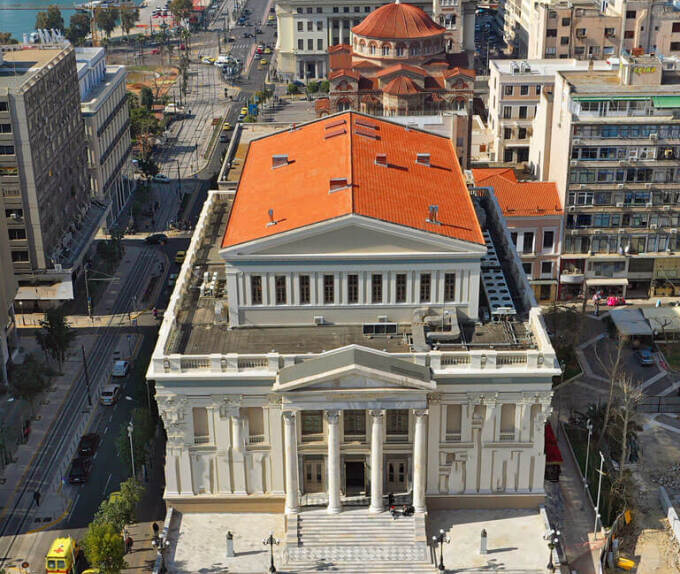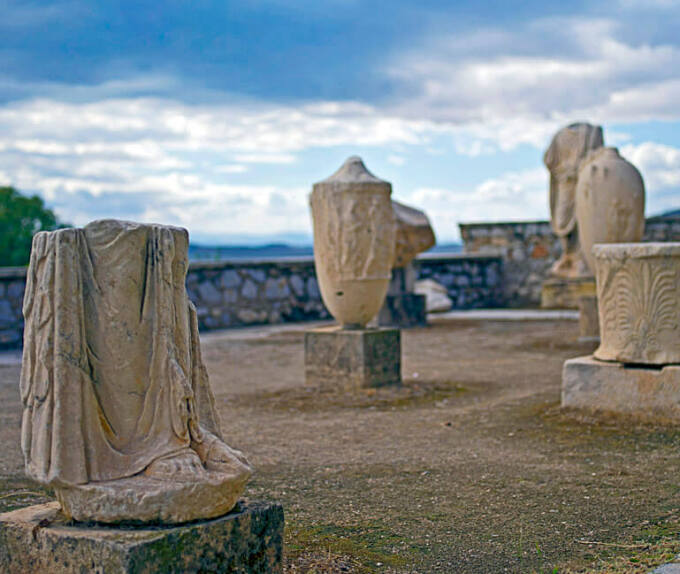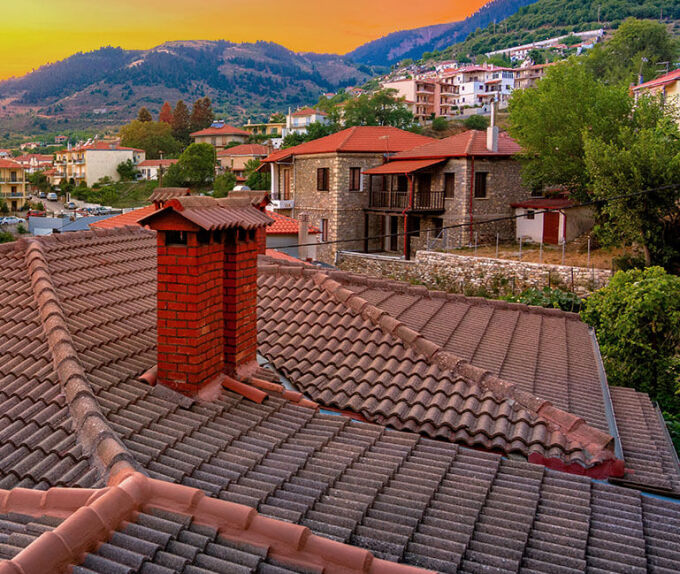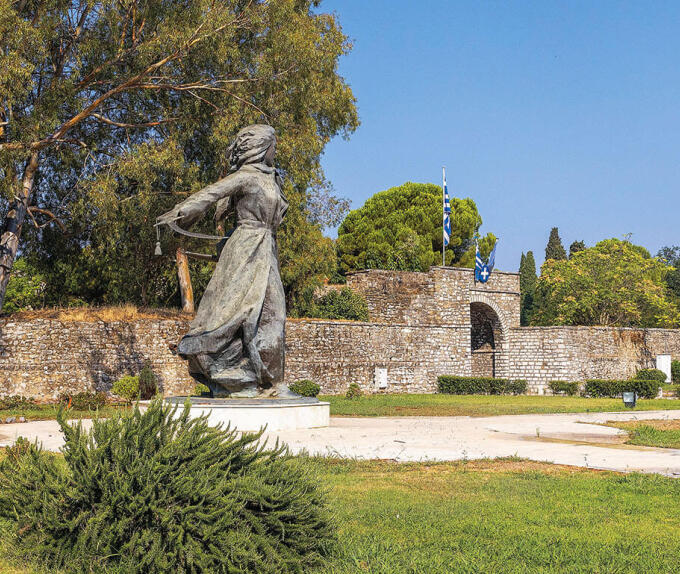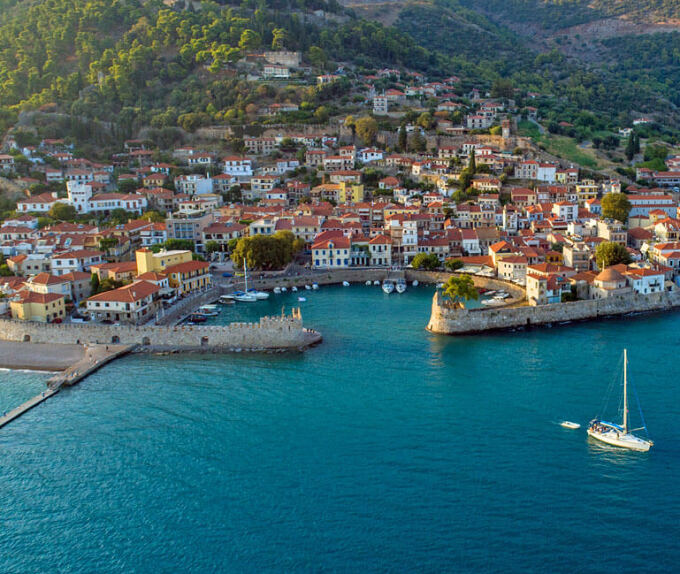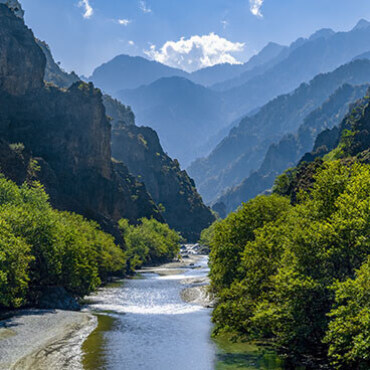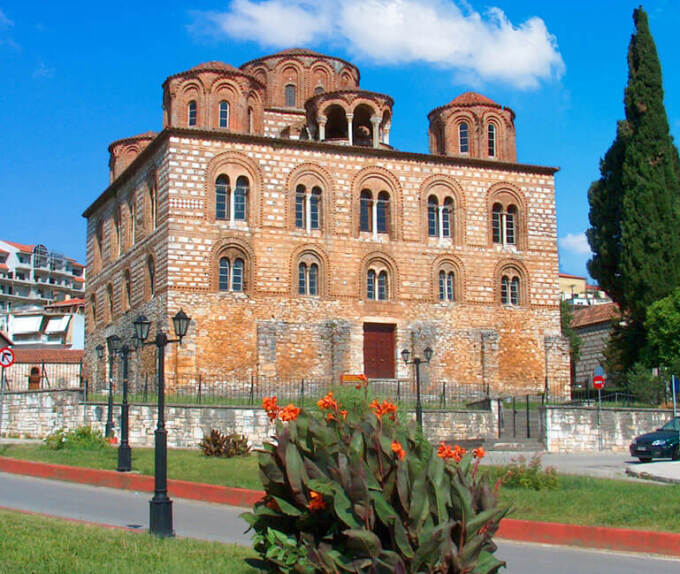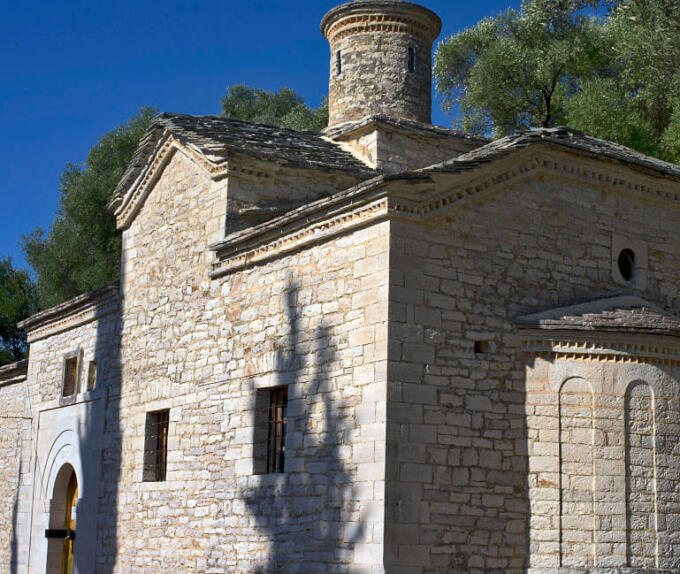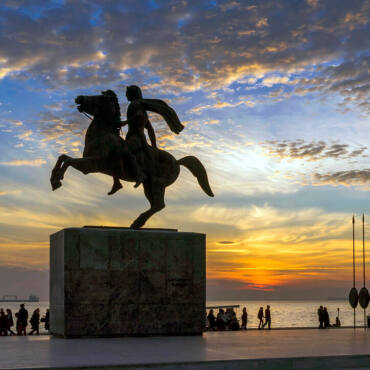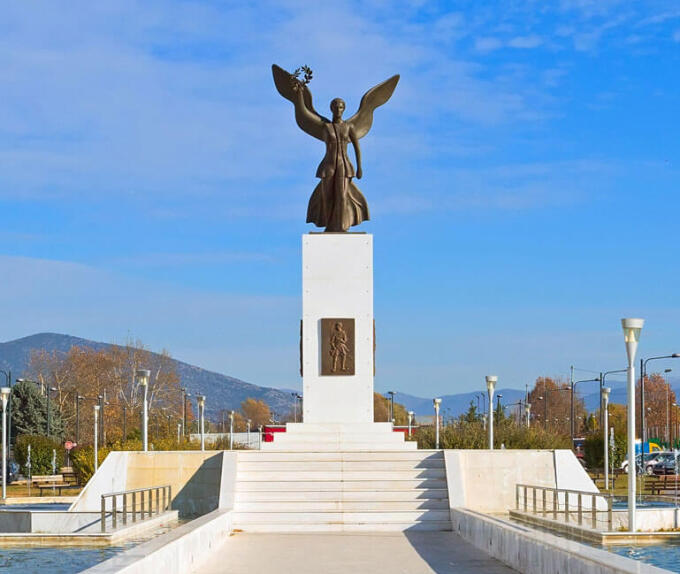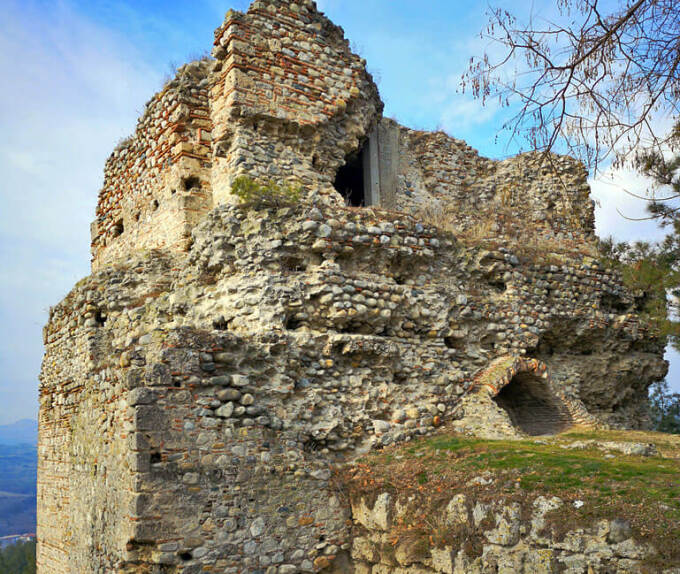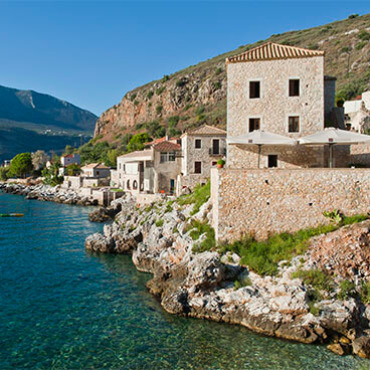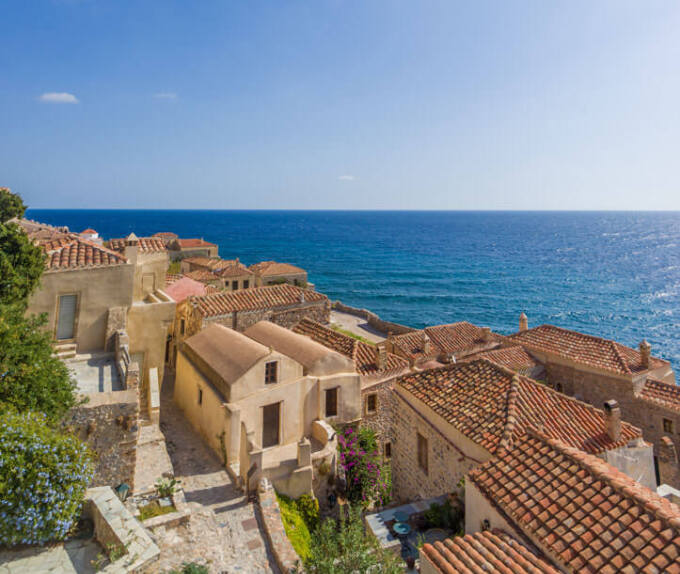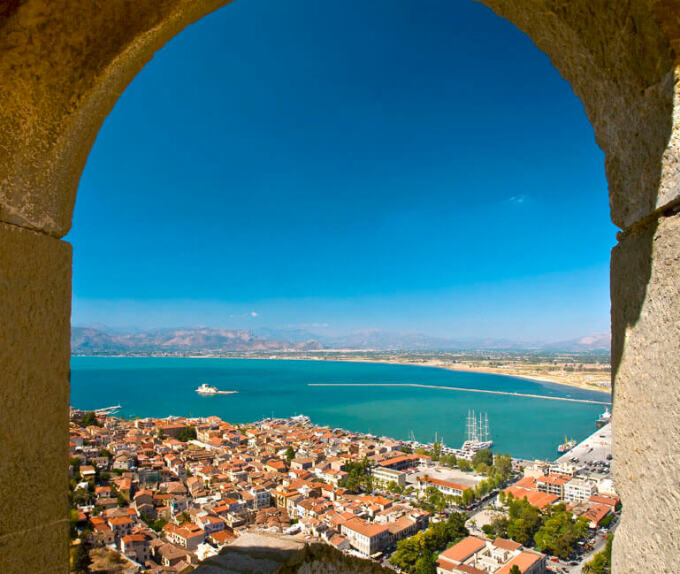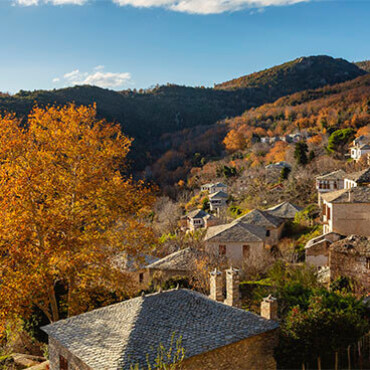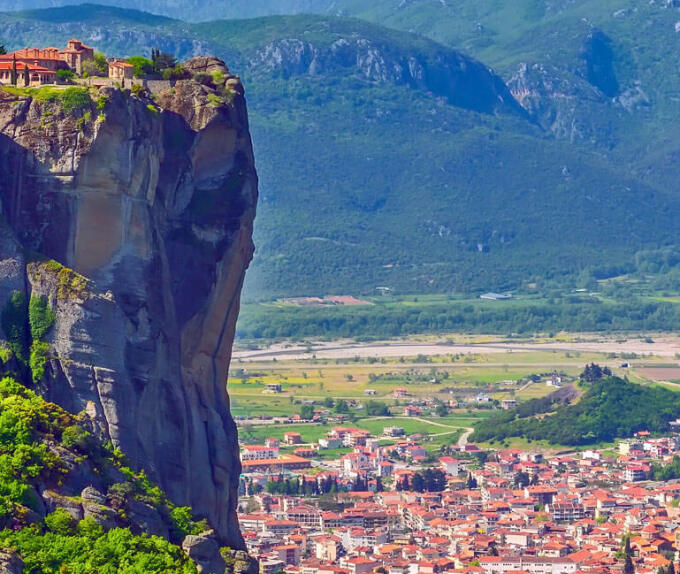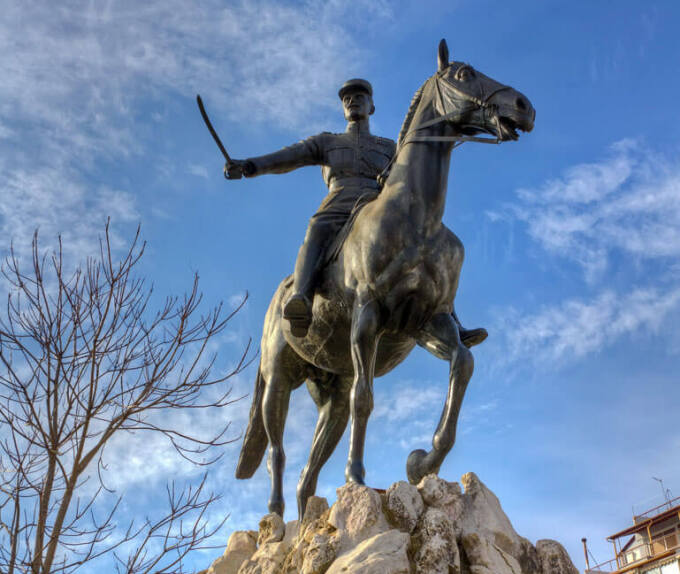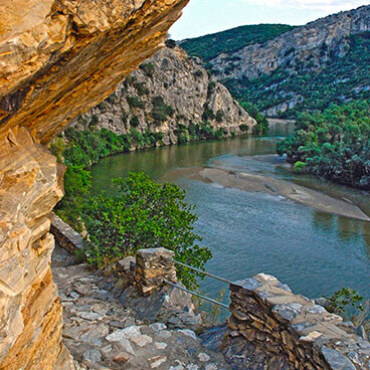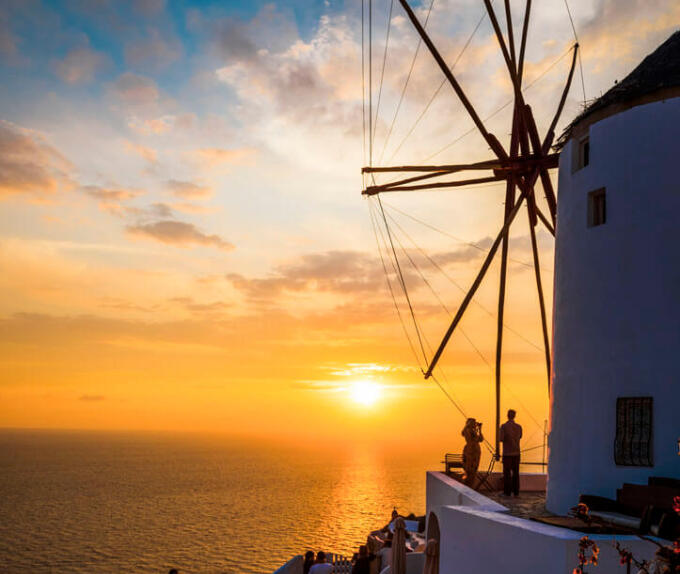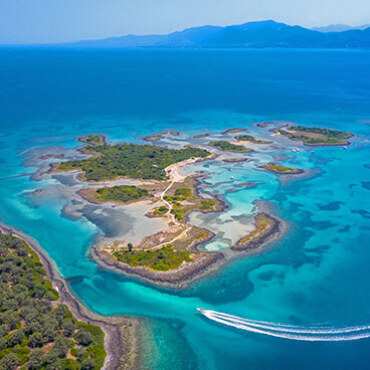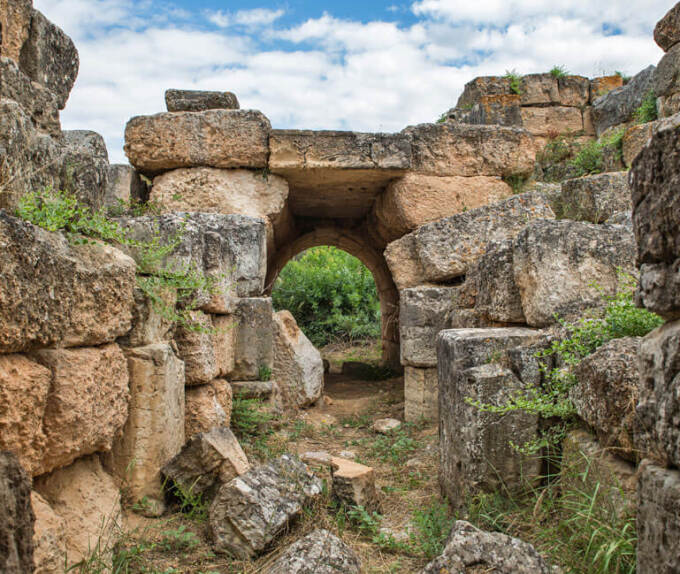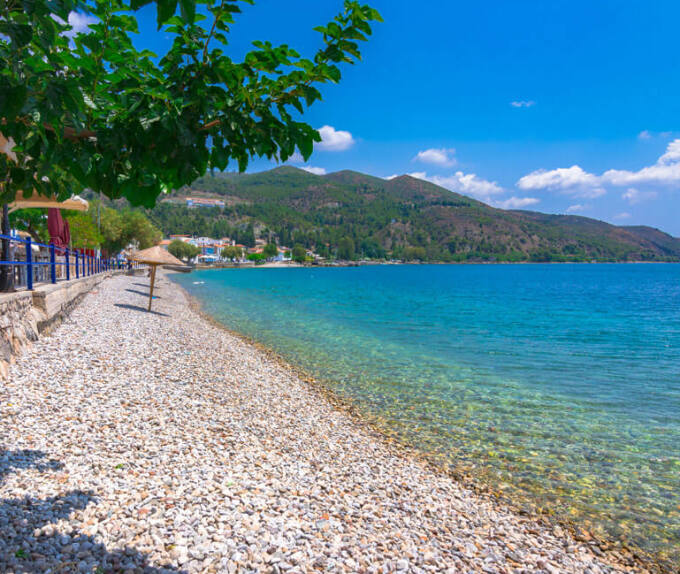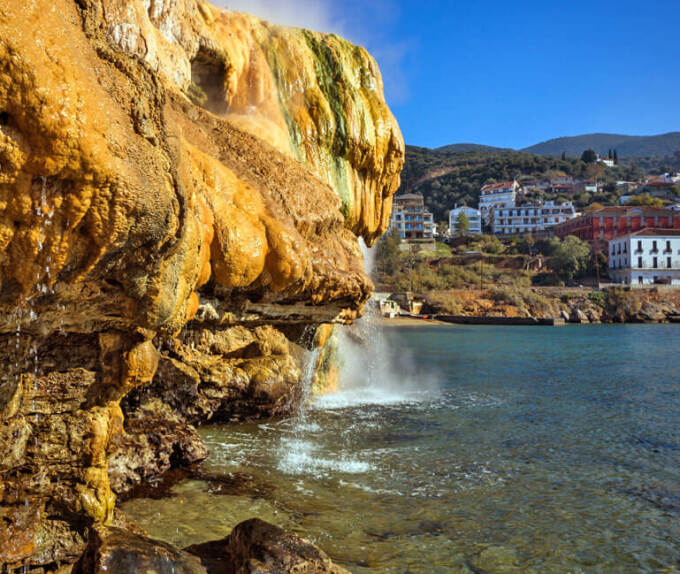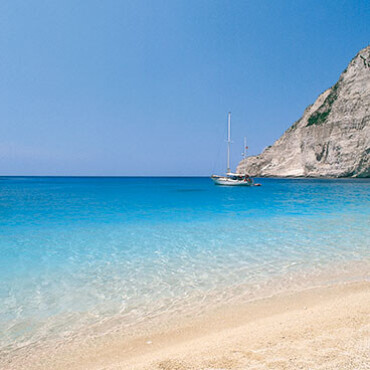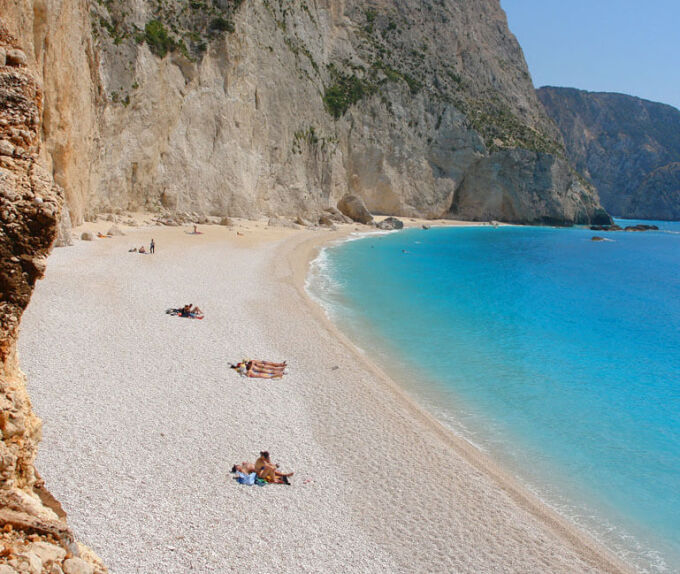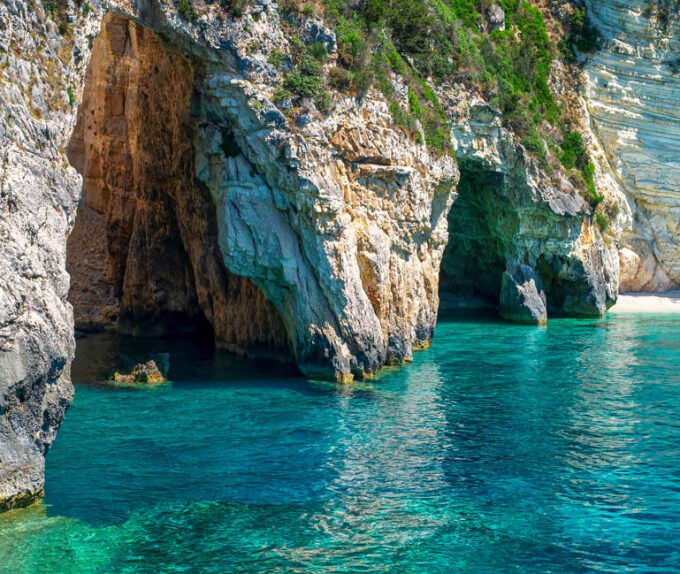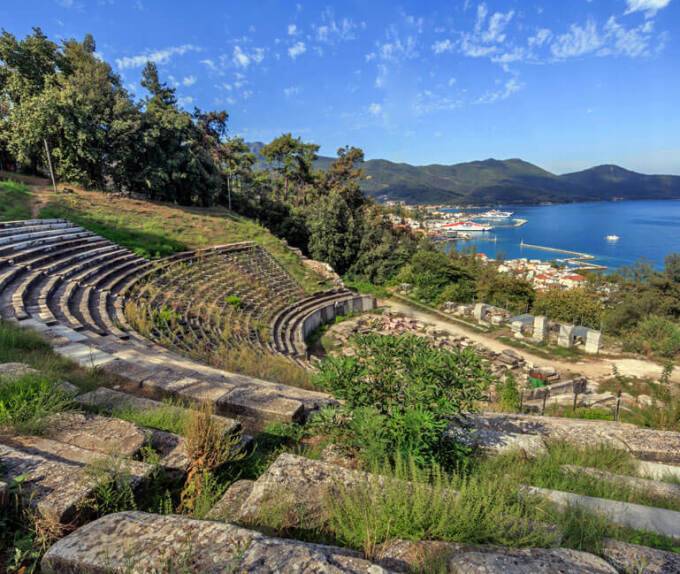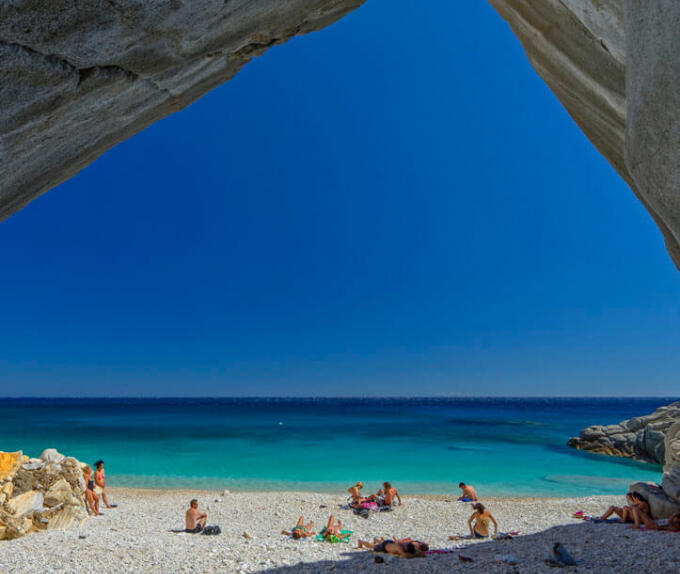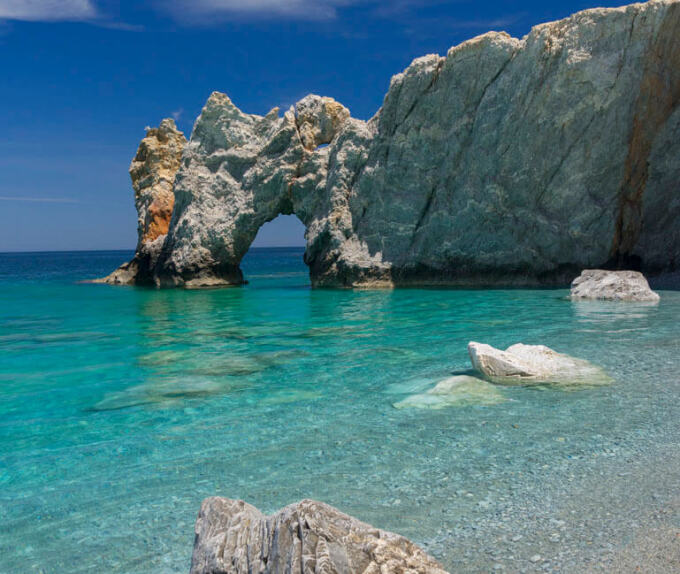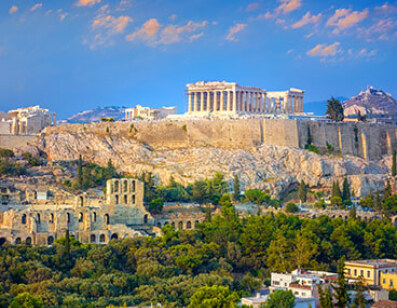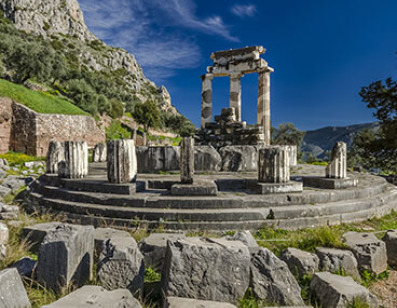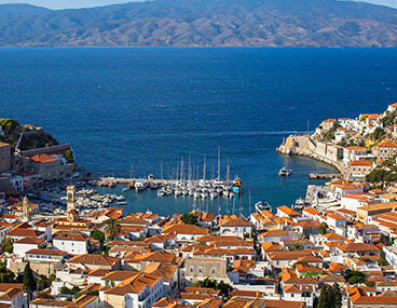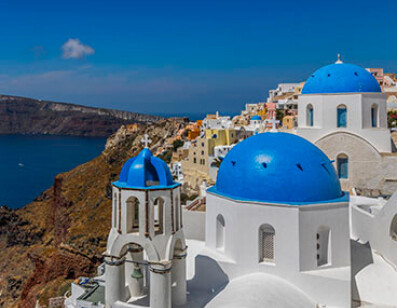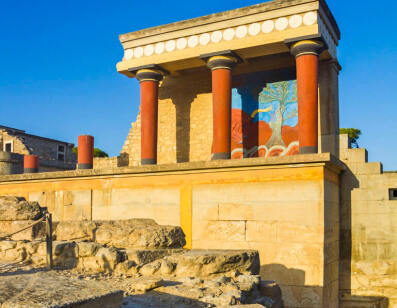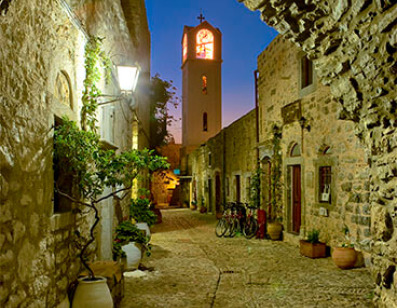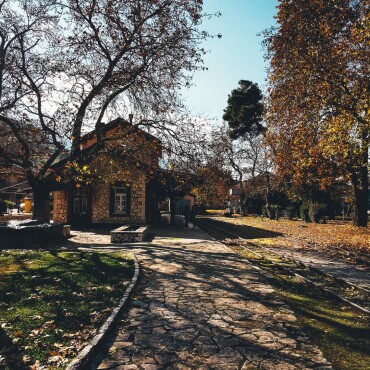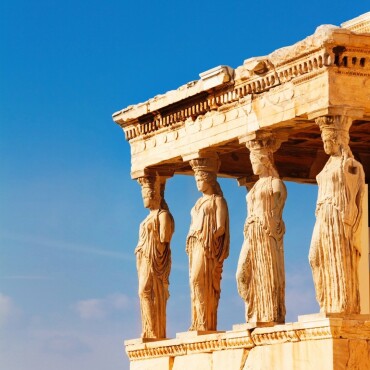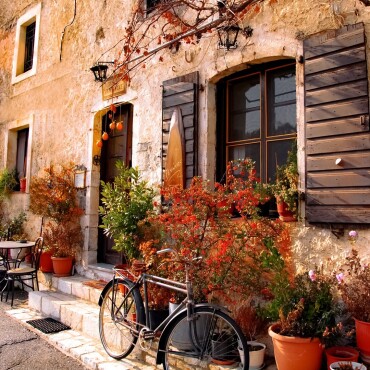

Experiences








Read our Blog
VIEW ALL BLOGFun Facts
Greece's national drink is ouzo. Ouzo is a dry anise-flavoured aperitif. Cheers, "stin igia mas" in Greek!
Τhe concept of democracy developed in Athens around the 6th century BC. The Greek word demokratia (δημοκρατία) meant “the power of the people”.
Did you know that Epirus is the most mountainous territory of Greece and the poorest in the EU; however it has a unique natural wealth!
Greece is the place where democracy was born. But democracy in ancient Athens was significantly different from modern democracies. It was both more participatory and exclusive, and there were no political parties in Athenian democracy.
No part of Greece is more than 137km from the sea.
The first philosopher is considered to be Thales of Miletus (c. 624 – 425 B.C.). He is credited as giving the first explanation for the origin of the world that was not mythological.
Greece' s official name is Hellenic Republic. However Greeks call their country Hellas or Hellada.
In Greece, people celebrate the “name day” of the saint that bears their name in a similar way to their own birthday.
Greek is one of the oldest spoken languages in Europe since it has been spoken for more than 3.000 years.
Did you know that Greece is the third largest producer of olive oil in the world? Greeks have cultivated olive trees since antiquity. Some of the olive trees that are still producing olives, date back to the thirteenth century.
Did you know that in Greece, 47 mountains are over 2000m., 105 mountains between 2000 and 1500m., 155 mountains are between 1500m. and 1000m. The number of mountains under 1000m. have yet not been recorded.
The species and subspecies of the native plants in Greece are about 6,000, almost as much as 50% of the native plants of Europe!
About 7% of all the marble produced worldwide comes from Greece.
Greece is a leading producer of sea sponges.
The very first sprint race of the first Olympic Games in 776 B.C. was won by Coroebus of Elis, a cook!
Greece has historically engaged in wine making. Take for example Dionysus, the son of Zeus, the God of the grape-harvest, winemaking and wine. His face is seen today on the sommelier’s pin which is a symbol of respect to wine’s contribution throughout history.
Alexander the Great, one of history’s greatest warriors and leaders of all time, was Greek. Alexander the Great conquered land all the way from Greece to Asia. His achievements and conquests gave rise to the later Hellenistic period (323 BC - 31 BC).
Feta, which is made from sheep and goat’s milk, is Greece’s national cheese. It dates back to the Homeric ages, and the average per-capita consumption of feta cheese in Greece is the highest in the world!
Did you know that in Greece you can enjoy skiing with a sea view?
Crete's history as well as the inhabitants' personality were affected by the island's mountainous landscape.
Explore Greece
Dodecanese

Places to Visit
North Aegean





















































